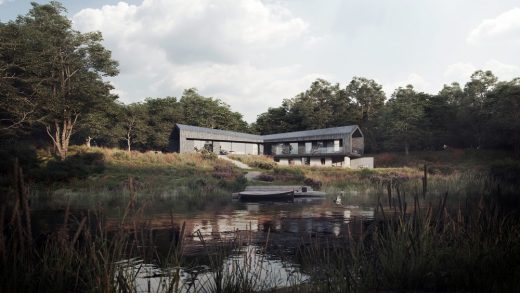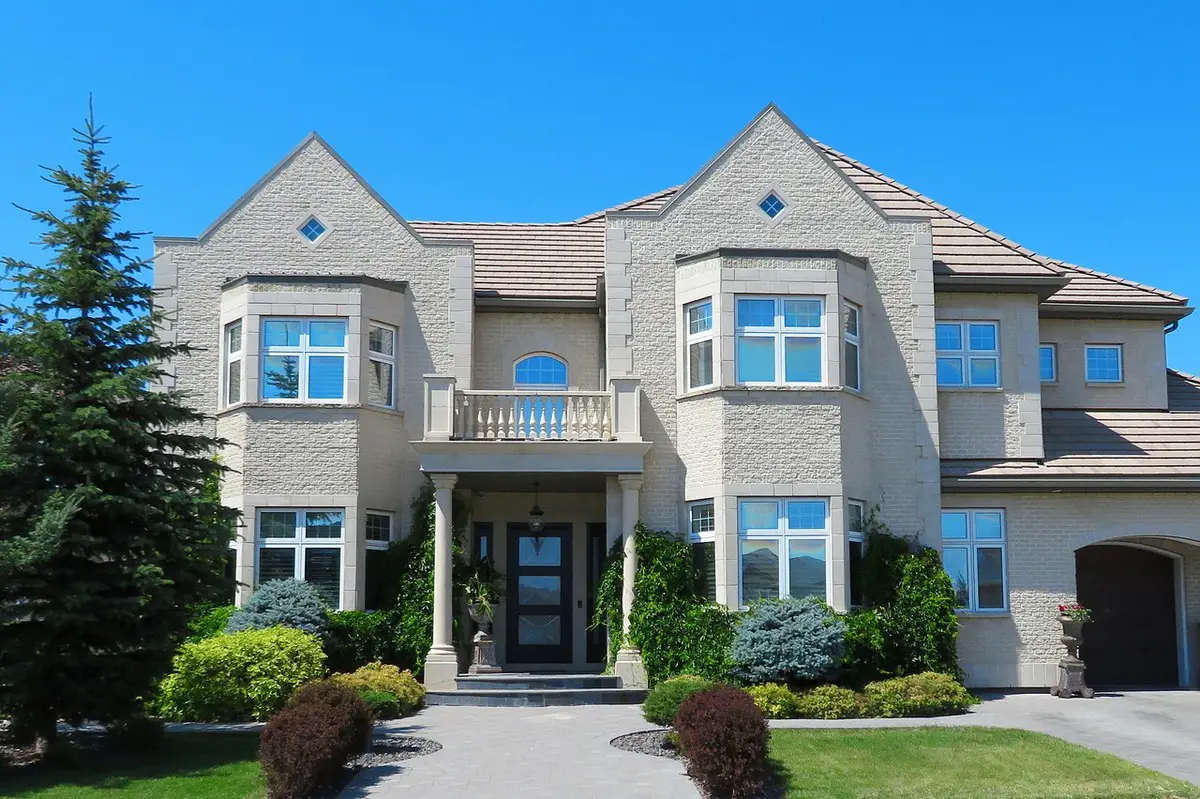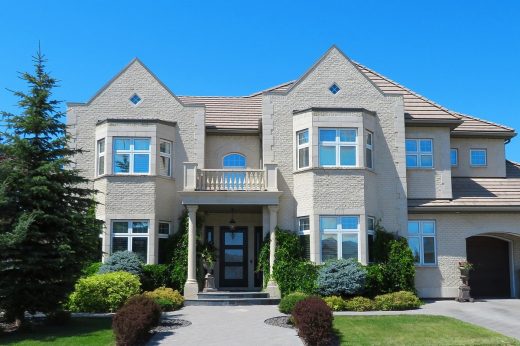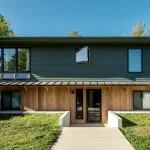House extension, Extending homes, Residential building expansion
Extending Your Property : House Extensions
Residential Property Article
1 Aug 2012
House Extensions
The number of people choosing an extension over a house move has soared in the past few years. Recent figures from the Royal Institute of Chartered Surveyors (RICS) suggest that fewer houses are being bought and sold, with people now moving far less frequently, on average every 14 and a half years. Housing stock may be gradually growing, but more people are staying put and extending – for every person building a house, there are 15 adding extensions.
1. Cost
Some homeowners have no option but to stay where they are, particularly when falling house prices leave them facing an unwelcome equity gap. It is generally cheaper to extend than to move.
Costs of moving include the expense and difficulties associated with selling a property, estate agents’ fees, stamp duty, removal costs, solicitors’ fees and increased mortgage repayments. Once homeowners have calculated the cost of moving, they may come to the conclusion that the money could be put to better use to pay for an extension.
2. Design control
Homeowners extending their homes have two advantages: they gain more space and are in control of the space they create from an early stage. Planning and technical limitations notwithstanding, it’s up to the homeowner to decide on room dimensions, layout and finish and develop the space to their own specifications. Bedrooms, for instance, can be enlarged and the new space maximised by the addition of bespoke fitted bedroom furniture or sliding fitted wardrobes.
3. Adding value
As long as an extension is designed and built by experienced professionals, it will add value to a property. Some suggest that creating living space is a better investment than bedrooms, but estate agents often base their valuations on the number of bedrooms.
Given that property generally doubles in value over a ten year period, homeowners are unlikely to lose out in the long-term, even without extending, although creating space will increase the value further. If you’re not sure, but have enough money for another room or two, RentalsInBoise.com experts suggest you go with it!
4. Location
People who are happy living in an area may be reminding themselves of why they moved there in the first place. It often makes sense for homeowners to remain somewhere that is in a good location, with the schools, shops and transport they require.
5. Chains
Choosing to extend rather than move relieves people from the stress of chains and having to rely on other parties selling their properties before they can move. Gazumping is avoided and decisions can be made at a leisurely pace. House buying is rarely straightforward, with 1 in 10 house sales collapsing because sellers change their mind about selling.
6. Council tax
Some types of extension are exempt from planning permission and an increase in council tax.
Bearing in mind the cost and upheaval of moving house, it makes sense for many homeowners to remain where they are and commission an extension of their current property. Perhaps these straitened times are acting as a timely reminder that the grass is always greener. Why put oneself through the stress and expense of a house move rather than maximise what’s already there and capitalise on the investment further down the line?
Property Design
Contemporary Property Designs – recent architectural selection from e-architect below:
New Houses

photo : Daniel Hopkinson
New House : Properties grouped by country
New Home : Properties grouped by city
Design: AR Design Studio, Architects

picture courtesy of architects office
House on River Avon
Comments / photos for the Extending Your Property – House Expansion Article page welcome






